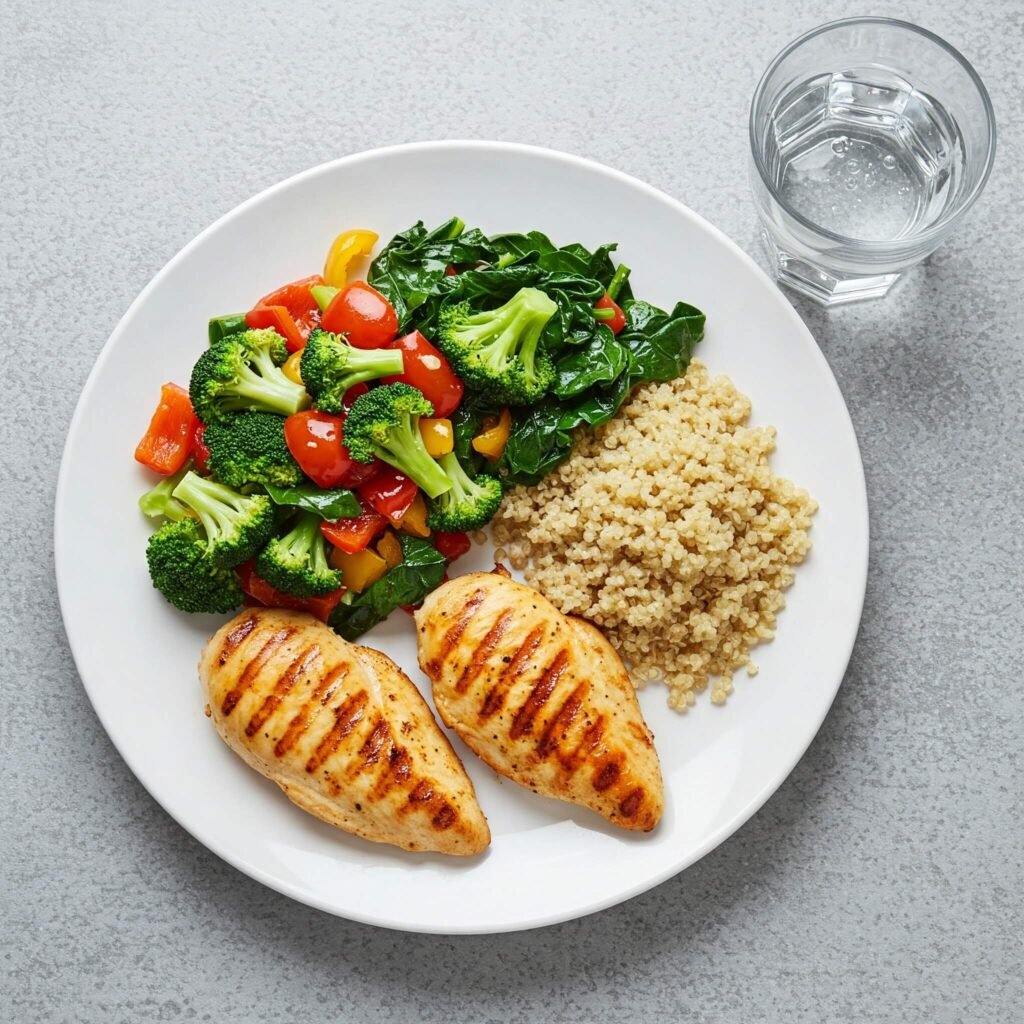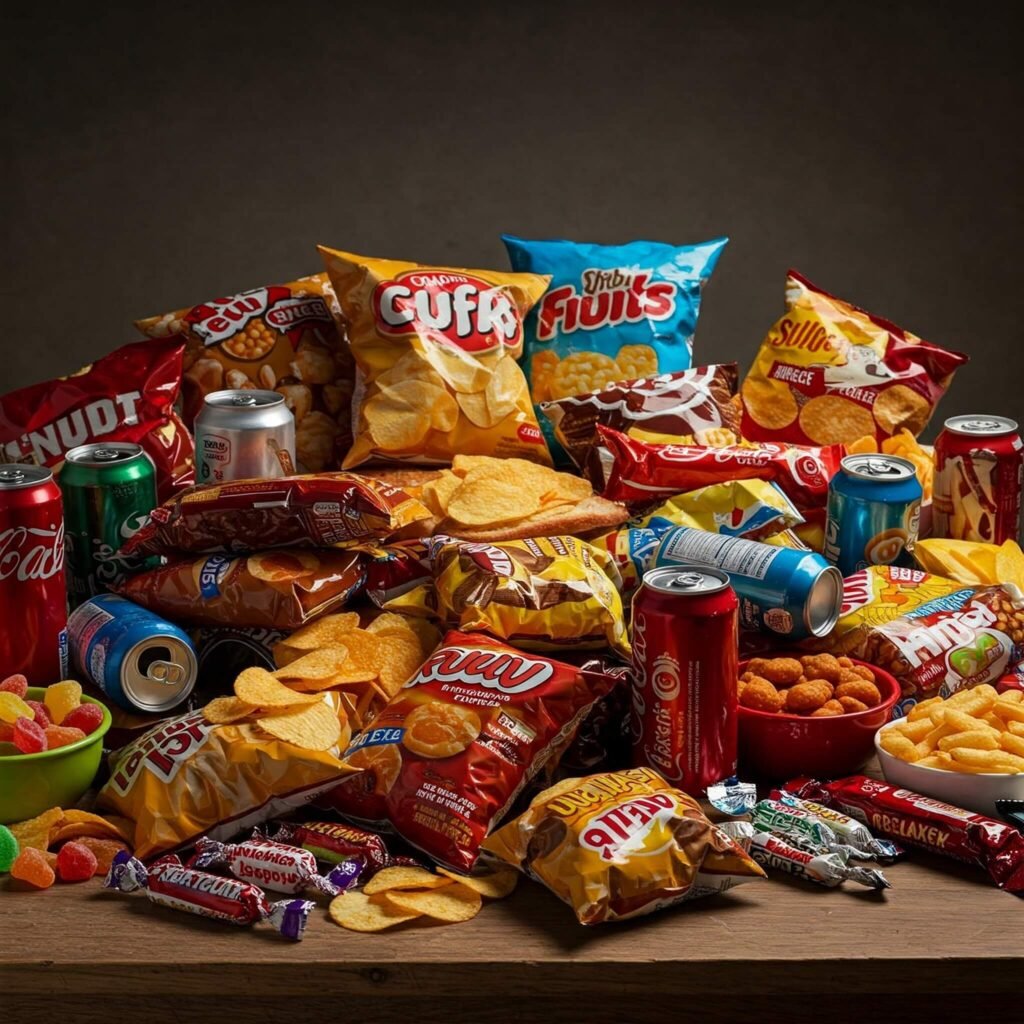The world of weight loss can feel like a minefield of conflicting advice, trendy diets, and quick fixes. Everyone seems to have the secret, but the truth is, sustainable nutrition for weight loss isn’t about magic pills or depriving yourself endlessly. It’s about understanding the fundamental principles of healthy eating and applying them consistently.
As someone who’s navigated these waters and helped countless others achieve their health goals, I know firsthand that while the journey takes effort, the right nutritional approach makes all the difference. This post will cut through the noise and reveal what genuinely works when using nutrition for weight loss, and crucially, highlight the common pitfalls you absolutely need to avoid.
Let’s dive in.
What Works: Effective Nutrition Strategies for Weight Loss
Achieving lasting weight loss through diet isn’t about following the latest fad; it’s about building sustainable habits based on proven nutritional science. Here are the strategies that truly move the needle when focusing on nutrition for weight loss:
The Non-Negotiable: Creating a Calorie Deficit for Weight Loss
At its core, weight loss boils down to simple energy balance: you must consume fewer calories than your body burns over time. This state is known as a calorie deficit. No matter what diet style you follow (keto, vegan, paleo, etc.), if you aren’t in a deficit, you won’t lose weight.
- How it Works: Your body uses stored energy (fat) when it doesn’t get enough energy from food.
- Actionable Takeaway: Estimate your daily calorie needs (many online calculators or apps can help, or consult a professional) and aim to consistently eat slightly less. A moderate deficit of 500-750 calories below maintenance is often recommended for sustainable loss of 1-1.5 pounds per week.
- Outbound Link Idea: Link to a reputable source explaining how to calculate calorie needs or TDEE (Total Daily Energy Expenditure), e.g., [Link to CDC, NIH, or a major health organization’s page on calorie needs].
Prioritizing Protein and Fiber for Weight Loss Success
Protein and fiber are powerhouses in a weight loss diet. They help you feel fuller for longer, reducing overall calorie intake naturally.
- Protein’s Role: High-protein meals increase satiety and help preserve muscle mass while you lose fat. This is crucial because muscle burns more calories at rest than fat.
- Fiber’s Role: Fiber adds bulk to your meals without adding many calories. It slows digestion, stabilizing blood sugar levels and promoting a feeling of fullness. Foods high in fiber are often nutrient-dense and lower in calories per volume.
- Actionable Takeaway: Include a source of lean protein (chicken, fish, beans, lentils, tofu, eggs) and plenty of fiber-rich foods (vegetables, fruits, whole grains) in every meal.
- Outbound Link Idea: Link to a source listing high-fiber foods or explaining the benefits of dietary fiber, e.g., [Link to Mayo Clinic, Harvard Health, or similar on fiber benefits/sources].
The Importance of Hydration in Nutrition for Weight Loss
Often overlooked, staying well-hydrated is a simple yet effective tactic.
- How it Helps: Sometimes, thirst is mistaken for hunger. Drinking water before meals can help you feel fuller and potentially eat less. It’s also essential for overall metabolic processes.
- Actionable Takeaway: Carry a water bottle and sip throughout the day. Aim for at least 8 glasses (around 2 liters), or more if you’re active or in a hot climate.
- Outbound Link Idea: Link to a source explaining the general hydration guidelines, e.g., [Link to National Academies of Sciences, Engineering, and Medicine recommendations or similar].
Embracing Mindful Eating for Better Nutrition for Weight Loss
Paying attention to how and why you eat is just as important as what you eat. Mindful eating helps you recognize true hunger cues and fullness signals.
- How it Works: Slowing down, savoring your food, and tuning into your body helps you avoid overeating and makes the eating experience more satisfying.
- Actionable Takeaway: Eat slowly without distractions (TV, phone). Pay attention to the taste, texture, and smell of your food. Stop when you feel comfortably full, not stuffed.
- Outbound Link Idea: Link to resources explaining mindful eating practices, e.g., [Link to mindful.org, or a reputable health site’s guide on mindful eating].

What Doesn’t Work: Common Nutrition Mistakes for Weight Loss
Just as there are strategies that work, there are common pitfalls that can sabotage your efforts, even when you think you’re trying to eat healthily for weight loss. Avoiding these is crucial.
The Myth of Crash Diets for Sustainable Weight Loss
Extreme diets that promise rapid weight loss by severely restricting calories or eliminating entire food groups are almost always counterproductive in the long run.
- Why They Fail: They are unsustainable, lead to nutrient deficiencies, often result in muscle loss (not just fat), and trigger rebound weight gain once you return to normal eating habits due to metabolic adaptation and increased hunger hormones.
- Actionable Takeaway: Focus on creating a moderate, sustainable calorie deficit through balanced eating rather than drastic, restrictive measures.
Skipping Meals Won’t Help You Lose Weight Effectively
Thinking you’ll save calories by skipping breakfast or lunch often backfires.
- Why It Fails: Skipping meals can lead to excessive hunger later in the day, resulting in overeating or poor food choices (grabbing convenient, high-calorie snacks or meals). It can also negatively impact metabolism and energy levels.
- Actionable Takeaway: Aim for regular, balanced meals throughout the day to manage hunger and maintain stable energy.
Relying Solely on Supplements for Nutrition for Weight Loss
Weight loss supplements are a multi-billion dollar industry, but the vast majority offer little to no significant benefit without dietary changes, and some can even be harmful.
- Why They Fail: There is no pill or powder that can replace the foundational need for a calorie deficit and a balanced diet. Supplements might offer minor support in specific circumstances, but they are not a primary tool for weight loss.
- Actionable Takeaway: Focus your energy and resources on whole, nutritious foods. If considering supplements, do thorough research and consult a healthcare professional.
- Outbound Link Idea: Link to an unbiased source evaluating the effectiveness and safety of common weight loss supplements, e.g., [Link to NIH Office of Dietary Supplements, FDA consumer updates, or a reputable health watchdog site].
Ignoring Portion Sizes: A Major Hurdle for Weight Loss Nutrition
Even healthy foods have calories. Eating excessive amounts of nuts, avocados, olive oil, or large portions of whole grains can easily put you over your calorie target, hindering weight loss.
- Why It Fails: Calories from nutrient-dense foods still count. Failing to control portion sizes is a leading reason why people struggle to create or maintain a calorie deficit.
- Actionable Takeaway: Use measuring cups and spoons initially to get a sense of appropriate portion sizes. Pay attention to serving sizes on food labels. Use smaller plates and bowls.

Putting Effective Nutrition for Weight Loss into Practice: Actionable Steps
Now that you know what works and what doesn’t, how do you apply it?
- Track Your Intake (Initially): Use a food tracking app or journal for a week or two. This provides invaluable awareness of your actual calorie intake, macronutrient breakdown, and where hidden calories might be.
- Plan Your Meals: Taking time to plan meals helps ensure you have healthy options available and reduces reliance on spontaneous, often less healthy, choices.
- Focus on Whole Foods: Build your diet around vegetables, fruits, lean proteins, whole grains, and healthy fats. Minimize processed foods, sugary drinks, and excessive saturated/trans fats.
- Listen to Your Body: Pay attention to hunger and fullness cues. Eat when you’re hungry, stop when you’re satisfied.
- Be Patient and Consistent: Sustainable weight loss takes time. Aim for slow, steady progress (1-2 pounds per week) rather than drastic drops. Consistency is far more important than perfection.

Conclusion: Your Journey with Nutrition for Weight Loss
Understanding how to use nutrition for weight loss effectively is the cornerstone of achieving and maintaining a healthier body weight. By focusing on creating a moderate calorie deficit, prioritizing protein and fiber, staying hydrated, practicing mindful eating, and avoiding common pitfalls like crash diets or ignoring portion sizes, you build a sustainable path to success.
Remember, this is a journey of adopting healthier habits, not a temporary fix. Be kind to yourself, stay consistent, and celebrate your progress along the way.
































